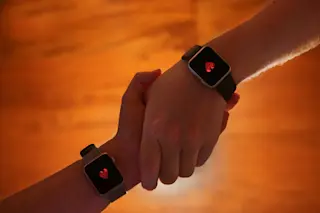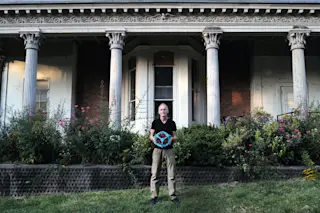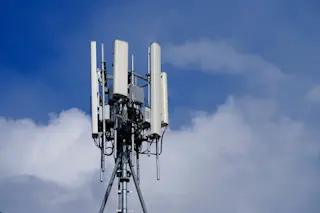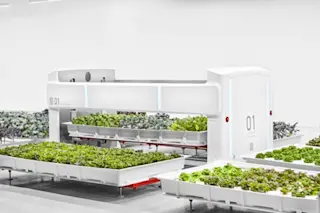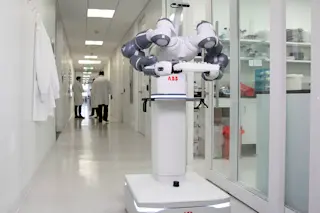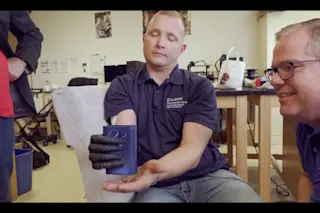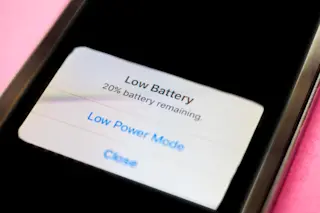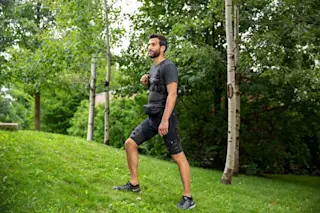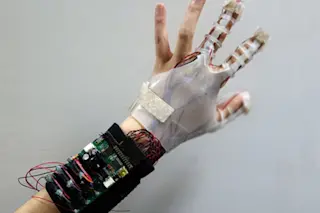Valery kiseev’s double loop refrigerator is running on plain old electricity for the summer. But in Russia, explains the ruddy, good- natured physicist, summer is short. Come October, he can thread his capillary-tube-system-with-heat-pump out his laboratory’s basement window and suck in enough cold air to freeze Grandma’s prize turkey without using a watt of electricity. Nature herself thought of this invention, he says.
Kiseev stumbled into the home appliance business by accident. As a physicist at Urals State University, he spent years designing cooling systems for Soviet rockets. By copying aspects of the human circulatory system, Kiseev claims, he hit upon a new way of exchanging heat and cold that uses much less energy than conventional motor-driven pumps. Now, like so many of his colleagues, he is looking to cash in on his country’s newfound access to Western markets. His double-loop fridge for the cold- climate consumer is his first ...



